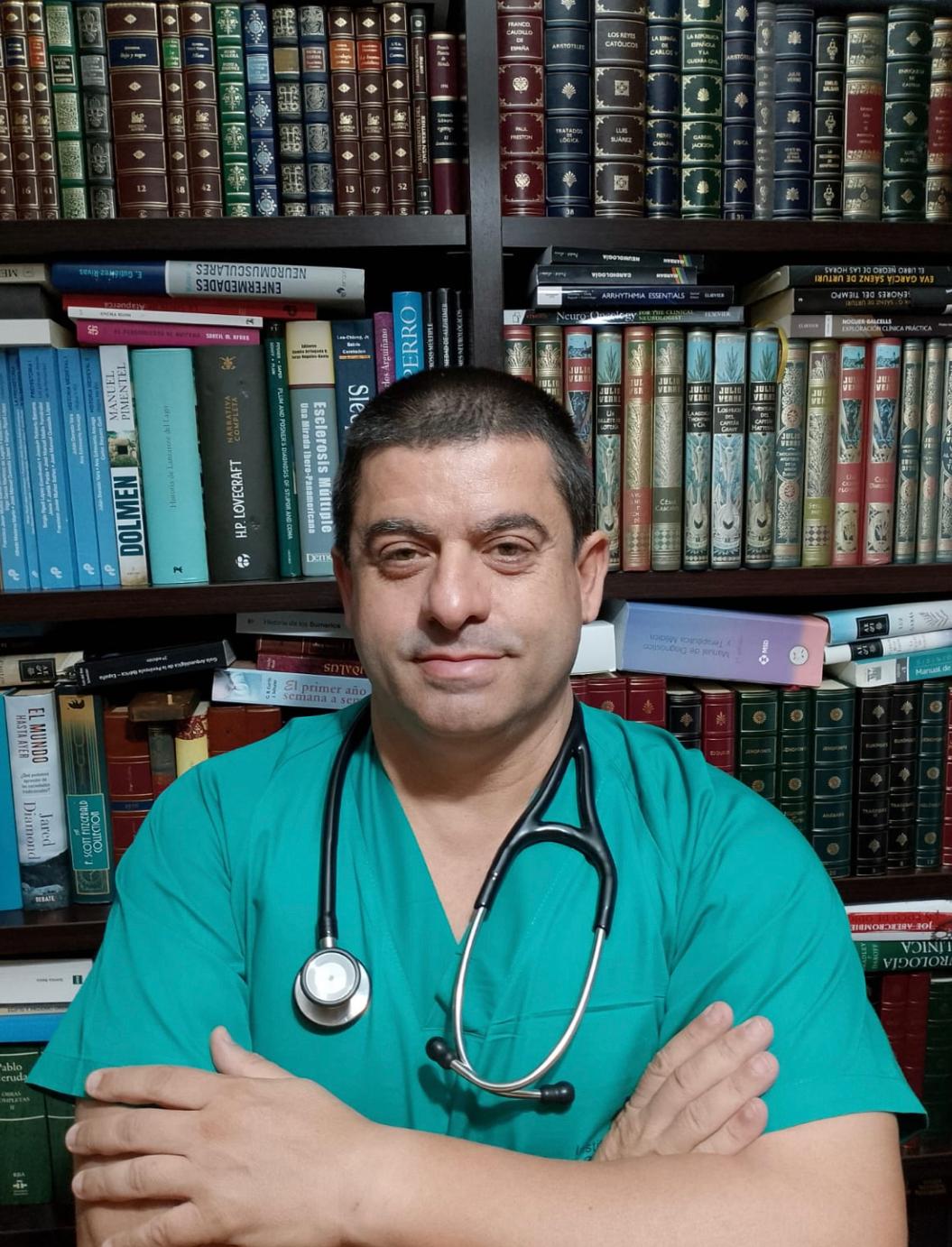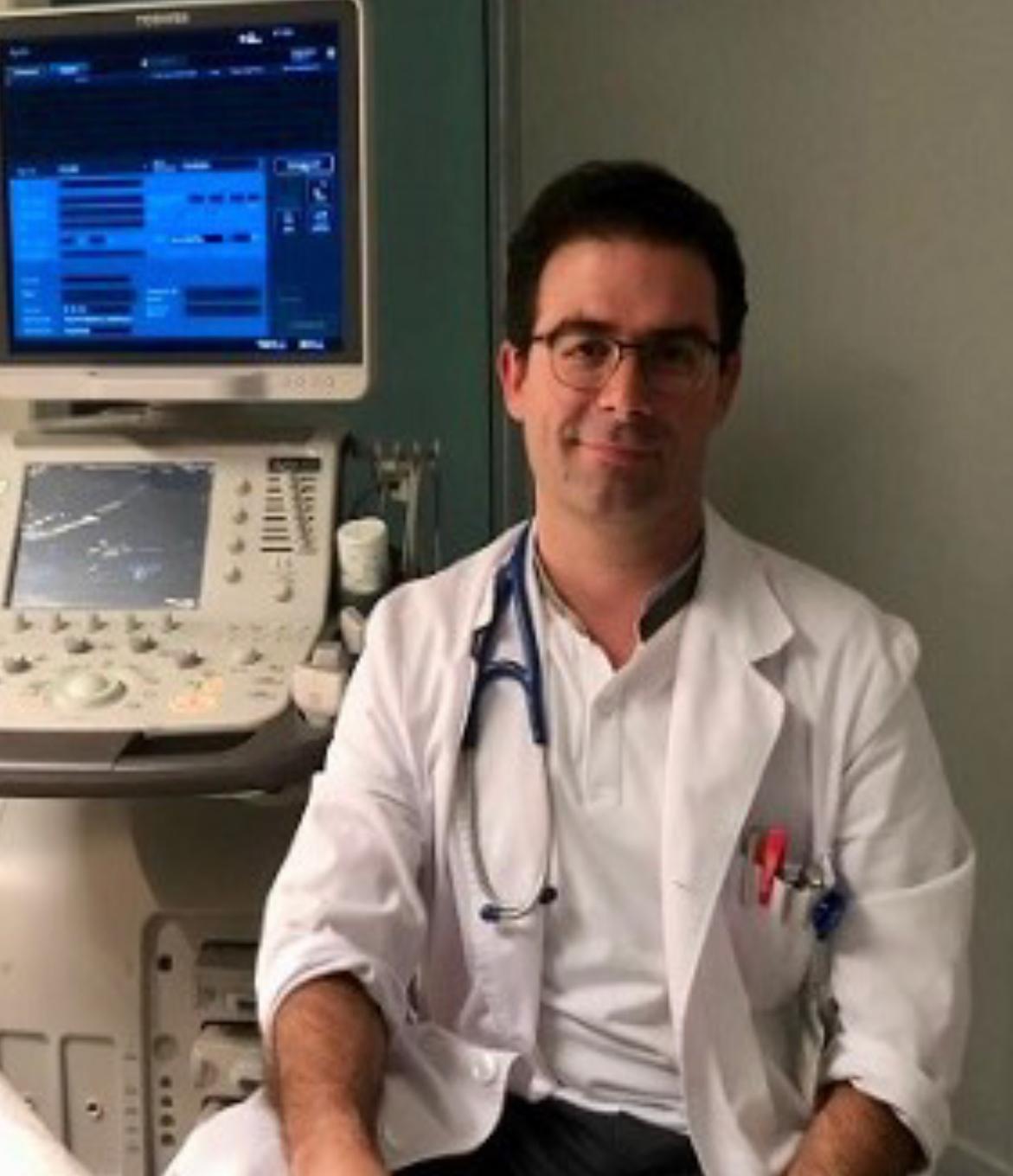Ceuta and Melilla call for prevention and improved neurological care on World Stroke Day

Taking advantage of World Stroke Day 2024, October 29, the heads of the departments of neurology in Ceuta, Rafael Merino de Torres and Melilla, Rafael Soler Gonzalez, as well as representatives of the Spanish Society of Neurology (SEN) in these territories, we want to raise public awareness of the importance of this pathology and the need to take extreme preventive measures.

Neurology at the Melilla Hospital.

from the University Hospital of Ceuta.
A stroke is a sudden process involving acute damage to the brain, either due to blockage of a cerebral vessel or due to its rupture, releasing blood into the surrounding area. This is always a serious process, but depending on the area and scale it can be very serious, critical or fatal.
Every year in Spain, 130,000 people suffer a stroke, with a third dying as a result, directly or indirectly. He Stroke is the leading cause of death among women and the second in men, being the first cause of disability in the world and in our country. According to the National Institute of Statistics (INE), In 2023, more than twice as many women died from stroke as from breast cancer.which gives us an idea of the enormity of the problem. In Spain, it is estimated that almost 400,000 people live every day with the consequences of a stroke.
The problem in Ceuta and Melilla is not insignificant: about 400 people in these two autonomous cities suffer a stroke every year, which implies a health problem of extraordinary importance and requires a proportionate and appropriate response.
Therefore, World Stroke Day should become a date for reflection for both citizens and administration. It is important for citizens and potential patients to take extreme measures to prevent stroke: control blood pressure, blood glucose levels, cholesterol and triglycerides; Smoking is prohibited; do not drink alcohol; Eat a healthy Mediterranean diet rich in fruits and vegetables and moderate daily exercise, which helps control weight. This is the best recipe for preventing stroke. In addition, adequate monitoring by our family doctor and early detection of cardiac and/or systemic problems will complement the complex of preventive measures.
The Administration is proposing many policies that have been shown to improve mortality, morbidity, and outcome after stroke that we believe should be implemented in our hospitals to improve care for our patients. Among them I would like to highlight the following: the creation of stroke units in Ceuta and Melilla; creation of special departments of stroke hospitals in both cities; creation of neurosonology laboratories in both INGESA hospitals; an adequate number of neurologists, which can never be below the state average, as is currently the case; optimization of thrombectomy regimens and their management in neurology, including innovation and exploration of different treatment options on site; and the creation of high-resolution consultations for cerebrovascular pathology, as well as the adaptation of consultation times, which are now well below the hospital average in our environment.
Finally, we wish to express our strong commitment to the fight for improved neurological care in both Twin Cities – a goal that can only be achieved if citizens and administration adhere to it in a strategic and important alliance.
